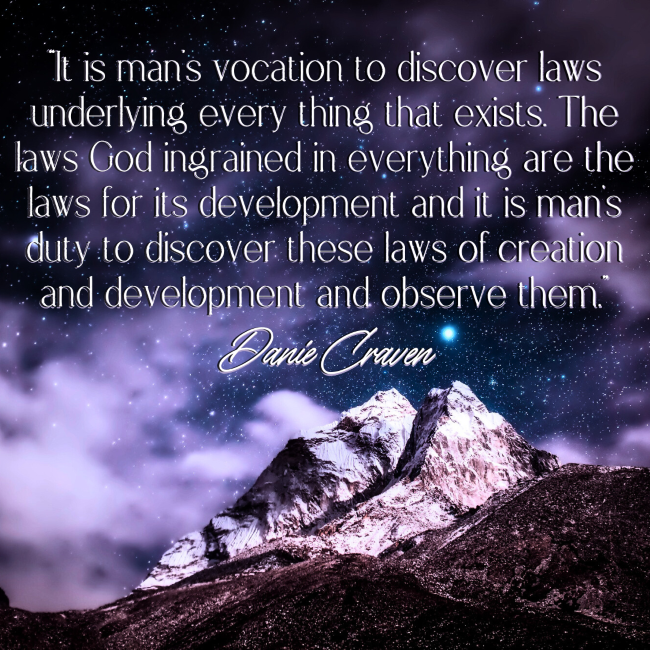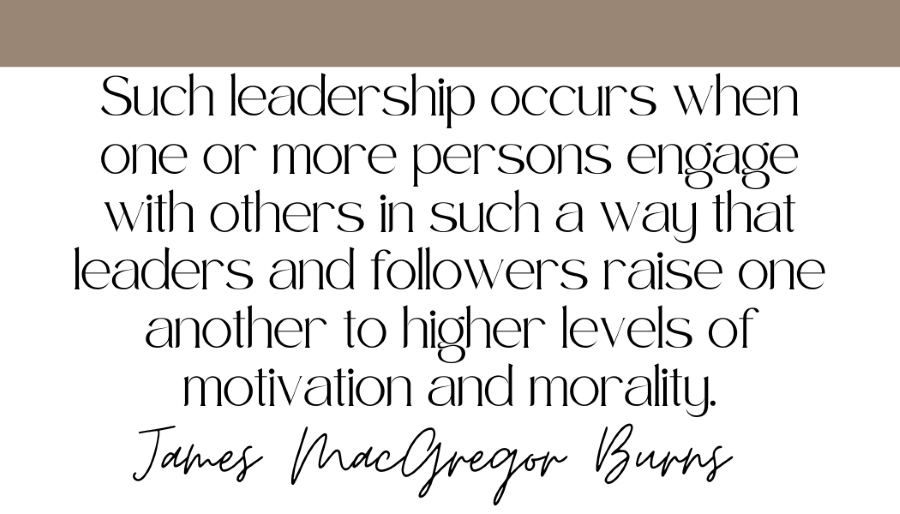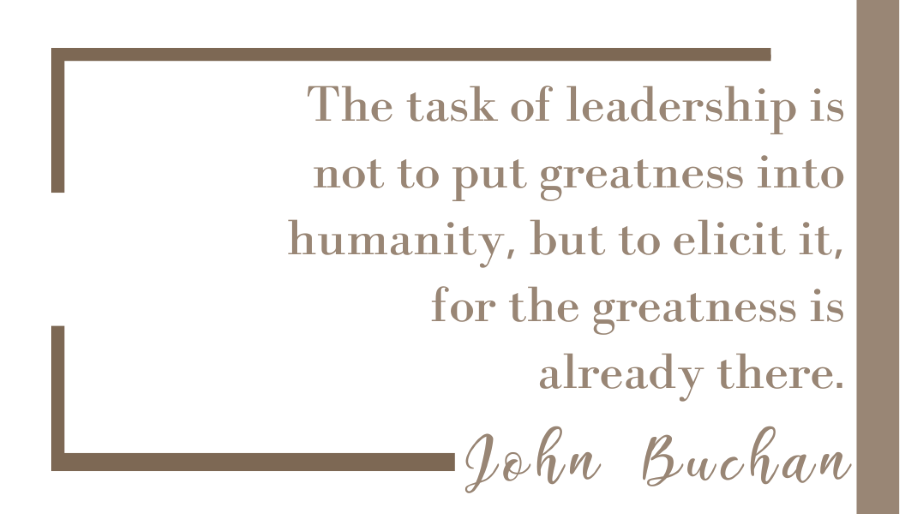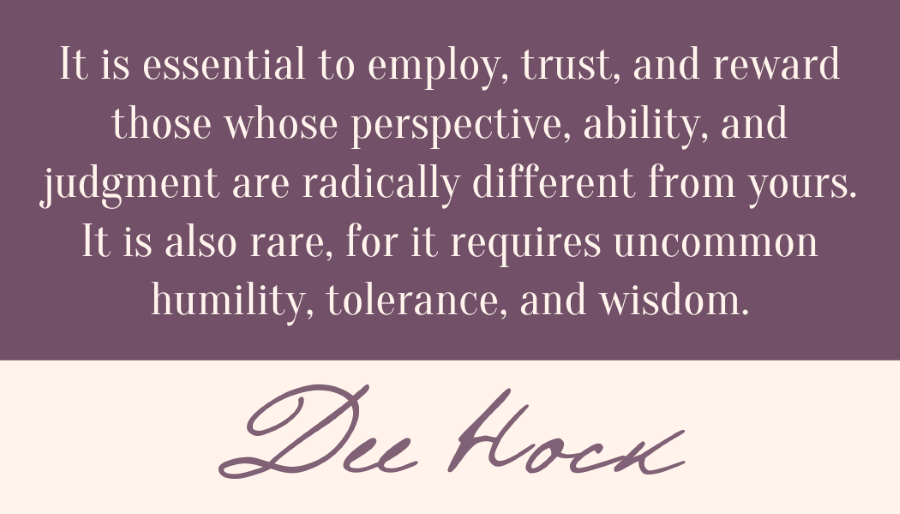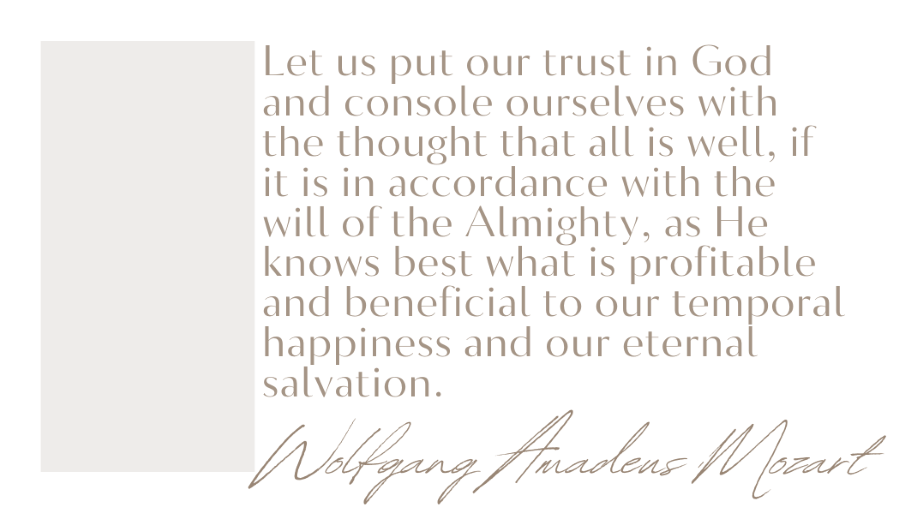When we pause for a moment and lift our eyes to the world around us, we find ourselves immersed in a symphony of brilliance and wonder. It's difficult not to marvel at the enchanting beauty and sophistication of nature. The delicate dance of a butterfly's wings, the majestic splendor of a snow-capped mountain, and the vast expanse of the night sky exhibit the manner in which creation sings praises to their Creator in a language all their own. As we peer into the intricacies of creation, we'll find ourselves drawn into a story of love, artistry, and boundless creativity; a story that begins and ends with the one who spoke the universe into being. Over the next 8 weeks, we will explore the depths of His design; kicking off by sharing passages regarding creation within the Bible. As we continue throughout the weeks, we ask that you open yourself to the beauty of creation and allow its splendor to stir your soul, deepening your awe of the God who fashioned it all.
Bible Passages About Creation
Bible Verses About Creation: The Beginning

In the beginning, God created the heavens and the earth.
Genesis 1:1
Then God blessed the seventh day and made it holy because on it he rested from all the work of creating that he had done.
Genesis 2:3
God set them in the vault of the sky to give light on the earth, to govern the day and the night, and to separate light from darkness. And God saw that it was good.
Genesis 1:17-18
Then the Lord God made a woman from the rib he had taken out of the man, and he brought her to the man. The man said, “This is now bone of my bones and flesh of my flesh; she shall be called ‘woman,’ for she was taken out of man.” That is why a man leaves his father and mother and is united to his wife, and they become one flesh.
Genesis 2:22-24
The land produced vegetation: plants bearing seed according to their kinds and trees bearing fruit with seed in it according to their kinds. And God saw that it was good.
Genesis 1:12
Then God said, “I give you every seed-bearing plant on the face of the whole earth and every tree that has fruit with seed in it. They will be yours for food.”
Genesis 1:29-30
Bible Verses About Creation: God as the Creator
He builds his lofty palace in the heavens and sets its foundation on the earth; he calls for the waters of the sea and pours them out over the face of the land— the Lord is his name.
Amos 9:6

For every house is built by someone, but God is the builder of everything.
Hebrews 3:4
“But ask the animals, and they will teach you, or the birds in the sky, and they will tell you; or speak to the earth, and it will teach you, or let the fish in the sea inform you. Which of all these does not know that the hand of the Lord has done this? In his hand is the life of every creature and the breath of all mankind."
Job 12:7-10
A tithe of everything from the land, whether grain from the soil or fruit from the trees, belongs to the Lord; it is holy to the Lord.
Leviticus 27:30
Thus says the Lord God: “I myself will take a sprig from the lofty top of the cedar and will set it out. I will break off from the topmost of its young twigs a tender one, and I myself will plant it on a high and lofty mountain. On the mountain height of Israel will I plant it, that it may bear branches and produce fruit and become a noble cedar. And under it will dwell every kind of bird; in the shade of its branches birds of every sort will nest. And all the trees of the field shall know that I am the Lord; I bring low the high tree, and make high the low tree, dry up the green tree, and make the dry tree flourish. I am the Lord; I have spoken, and I will do it.”
Ezekiel 17:22-24
In his hand are the depths of the earth, and the mountain peaks belong to him. The sea is his, for he made it, and his hands formed the dry land.
Psalm 95:4-5
Rich and poor have this in common: The Lord is the Maker of them all.
Proverbs 22:2
for every animal of the forest is mine, and the cattle on a thousand hills. I know every bird in the mountains, and the insects in the fields are mine. If I were hungry I would not tell you, for the world is mine, and all that is in it.
Psalm 50:10-12

By the word of the Lord the heavens were made, their starry host by the breath of his mouth.
Psalm 33:6
How many are your works, Lord! In wisdom you made them all; the earth is full of your creatures. There is the sea, vast and spacious, teeming with creatures beyond number-living things both large and small. There the ships go to and fro, and Leviathan, which you formed to frolic there.
Psalm 104:24-26
Bible Verses About Creation: Jesus and the New Creation
For we are God’s handiwork, created in Christ Jesus to do good works, which God prepared in advance for us to do.
Ephesians 2:10
When he has done this, then the Son himself will be made subject to him who put everything under him,so that God may be all in all.
1 Corinthians 15:28

For from him and through him and for him are all things. To him be the glory forever! Amen.
Romans 11:36
Yet for us there is but one God, the Father, from whom all things came and for whom we live; and there is but one Lord, Jesus Christ, through whom all things came and through whom we live.
1 Corinthians 8:6
“I am the vine; you are the branches. If you remain in me and I in you, you will bear much fruit; apart from me you can do nothing.”
John 15:5
For the creation waits in eager expectation for the children of God to be revealed.
Romans 8:19
He chose to give us birth through the word of truth, that we might be a kind of firstfruits of all he created.
James 1:18
Through him all things were made; without him nothing was made that has been made.
John 1:3

Therefore, if anyone is in Christ, the new creation has come: The old has gone, the new is here!
2 Corinthians 5:17
But in these last days he has spoken to us by his Son, whom he appointed heir of all things, and through whom also he made the universe.
Hebrews 1:2
Bible Verses About Creation: Creation and Humanity
Then God said, “Let us make mankind in our image, in our likeness, so that they may rule over the fish in the sea and the birds in the sky, over the livestock and all the wild animals, and over all the creatures that move along the ground.”
Genesis 1:26
So it is written: “The first man Adam became a living being”; the last Adam, a life-giving spirit. The spiritual did not come first, but the natural, and after that the spiritual. The first man was of the dust of the earth; the second man is of heaven. As was the earthly man, so are those who are of the earth; and as is the heavenly man, so also are those who are of heaven. And just as we have borne the image of the earthly man, so shall we bear the image of the heavenly man.
1 Corinthians 15:45-49
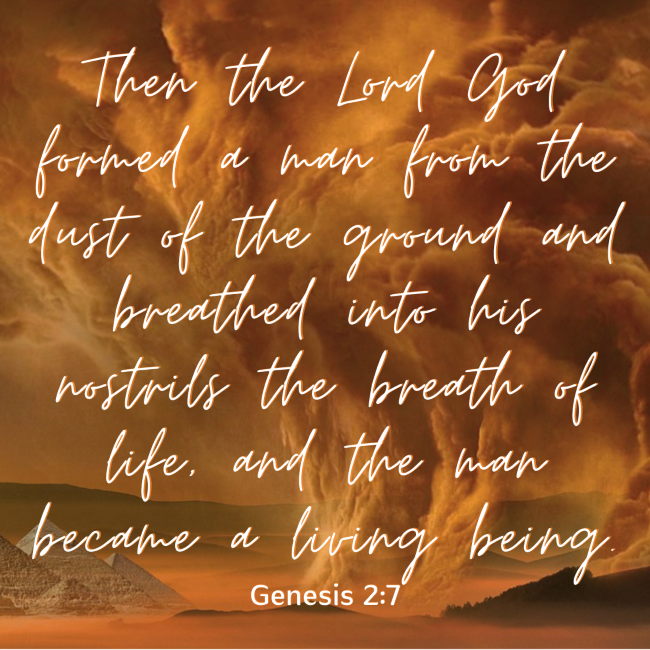
Then the Lord God formed a man from the dust of the ground and breathed into his nostrils the breath of life, and the man became a living being.
Genesis 2:7
But God gives it a body as he has determined, and to each kind of seed he gives its own body. Not all flesh is the same: People have one kind of flesh, animals have another, birds another, and fish another. There are also heavenly bodies and there are earthly bodies, but the splendor of the heavenly bodies is one kind, and the splendor of the earthly bodies is another.
1 Corinthians 15:38-40
I also said to myself, “As for humans, God tests them so that they may see that they are like the animals. Surely the fate of human beings is like that of the animals; the same fate awaits them both: As one dies, so dies the other. All have the same breath; humans have no advantage over animals. Everything is meaningless. All go to the same place; all come from dust, and to dust all return.”
Ecclesiastes 3:18-20
The Lord God said, “It is not good for the man to be alone. I will make a helper suitable for him.”
Genesis 2:18
“Haven’t you read,” he replied, “that at the beginning the Creator ‘made them male and female,’ and said, ‘For this reason a man will leave his father and mother and be united to his wife, and the two will become one flesh’? So they are no longer two, but one flesh. Therefore what God has joined together, let no one separate.”
Matthew 19:4-6
Bible Verses About Creation: Creation and Faith

Can papyrus grow tall where there is no marsh? Can reeds thrive without water?
Job 8:11
The womb forgets them, the worm feasts on them; the wicked are no longer remembered but are broken like a tree.
Job 24:20
“Make a tree good and its fruit will be good, or make a tree bad and its fruit will be bad, for a tree is recognized by its fruit.”
Matthew 12:33
Consider how the wildflowers grow. They do not labor or spin. Yet I tell you, not even Solomon in all his splendor was dressed like one of these.
Luke 12:27
The one who guards a fig tree will eat its fruit, and whoever protects their master will be honored.
Proverbs 27:18
But I am like an olive tree flourishing in the house of God; I trust in God’s unfailing love for ever and ever.
Psalm 52:8
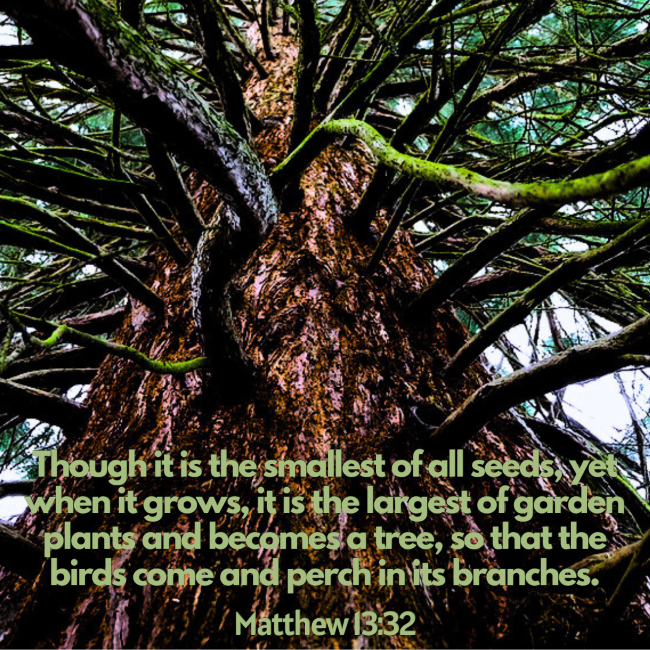
Though it is the smallest of all seeds, yet when it grows, it is the largest of garden plants and becomes a tree, so that the birds come and perch in its branches.
Matthew 13:32
Bible Verses About Creation: Creation and Stewardship Over the Earth
And the Lord God said, “The man has now become like one of us, knowing good and evil. He must not be allowed to reach out his hand and take also from the tree of life and eat, and live forever.” So the Lord God banished him from the Garden of Eden to work the ground from which he had been taken.
Genesis 3:22-23
And for your lifeblood, I will surely demand an accounting. I will demand an accounting from every animal. And from each human being, too, I will demand an accounting for the life of another human being.
Genesis 9:5

You have made them a little lower than the angels and crowned them with glory and honor. You made them rulers over the works of your hands; you put everything under their feet: all flocks and herds, and the animals of the wild, the birds in the sky, and the fish in the sea, all that swim the paths of the seas.
Psalm 8:5-8
The Lord God took the man and put him in the Garden of Eden to work it and take care of it.
Genesis 2:15
Now the Lord God had formed out of the ground all the wild animals and all the birds in the sky. He brought them to the man to see what he would name them; and whatever the man called each living creature, that was its name.
Genesis 2:19
The earth dries up and withers, the world languishes and withers, the heavens languish with the earth. The earth is defiled by its people; they have disobeyed the laws, violated the statutes, and broken the everlasting covenant. Therefore a curse consumes the earth; its people must bear their guilt. Therefore earth’s inhabitants are burned up, and very few are left.
Isaiah 24:4-6
The word of the Lord came to me: “Son of man, prophesy against the shepherds of Israel; prophesy and say to them: ‘This is what the Sovereign Lord says: Woe to you shepherds of Israel who only take care of yourselves! Should not shepherds take care of the flock?
Ezekiel 34:1-2
God blessed them and said to them, “Be fruitful and increase in number; fill the earth and subdue it. Rule over the fish in the sea and the birds in the sky and over every living creature that moves on the ground.”
Genesis 1:28
The nations were angry, and your wrath has come. The time has come for judging the dead, and for rewarding your servants the prophets and your people who revere your name, both great and small-and for destroying those who destroy the earth.
Revelation 11:18

The righteous care for the needs of their animals, but the kindest acts of the wicked are cruel.
Proverbs 12:10
I brought you into a fertile land to eat its fruit and rich produce. But you came and defiled my land and made my inheritance detestable.
Jeremiah 2:7
Bible Verses About Creation: God’s Glory
For you created my inmost being; you knit me together in my mother’s womb. I praise you because I am fearfully and wonderfully made; your works are wonderful, I know that full well.
Psalm 139:13-14
Praise the Lord from the earth, you great sea creatures and all ocean depths, lightning and hail, snow and clouds, stormy winds that do his bidding, you mountains and all hills, fruit trees and all cedars, wild animals and all cattle, small creatures, and flying birds, kings of the earth and all nations, you princes and all rulers on earth, young men and women, old men, and children.
Psalm 148:7-12

Let them praise the name of the Lord, for his name alone is exalted; his splendor is above the earth and the heavens.
Psalm 148:13
Then I heard every creature in heaven and on earth and under the earth and on the sea, and all that is in them, saying: “To him who sits on the throne and to the Lamb be praise and honor and glory and power, for ever and ever!”
Revelation 5:13
The Lord wraps himself in light as with a garment; he stretches out the heavens like a tent and lays the beams of his upper chambers on their waters. He makes the clouds his chariot and rides on the wings of the wind. He makes winds his messengers, flames of fire his servants. He set the earth on its foundations; it can never be moved. You covered it with the watery depths as with a garment; the waters stood above the mountains. But at your rebuke the waters fled, at the sound of your thunder they took to flight; they flowed over the mountains, they went down into the valleys, to the place you assigned for them. You set a boundary they cannot cross; never again will they cover the earth.
Psalm 104:2-9

Praise him, sun and moon; praise him, all you shining stars. Praise him, you highest heavens, and you waters above the skies.
Psalm 148:3-4
Bible Verses About Creation: God’s Provision
For the Lord your God is bringing you into a good land-a land with brooks, streams, and deep springs gushing out into the valleys and hills; a land with wheat and barley, vines and fig trees, pomegranates, olive oil and honey; a land where bread will not be scarce and you will lack nothing; a land where the rocks are iron and you can dig copper out of the hills.
Deuteronomy 8:7-9

I lift up my eyes to the mountains-where does my help come from? My help comes from the Lord, the Maker of heaven and earth.
Psalm 121:1-2
Be glad, people of Zion, rejoice in the Lord your God, for he has given you the autumn rains because he is faithful. He sends you abundant showers, both autumn and spring rains, as before.
Joel 2:23
Then God said, “I give you every seed-bearing plant on the face of the whole earth and every tree that has fruit with seed in it. They will be yours for food.”
Genesis 1:29
Our help is in the name of the Lord, the Maker of heaven and earth.
Psalm 124:8
The Lord is my shepherd, I lack nothing. He makes me lie down in green pastures, he leads me beside quiet waters, he refreshes my soul. He guides me along the right paths for his name’s sake. Even though I walk through the darkest valley, I will fear no evil, for you are with me; your rod and your staff, they comfort me.
Psalm 23:1-4
Everything that lives and moves about will be food for you. Just as I gave you the green plants, I now give you everything.
Genesis 9:3

Look at the birds of the air; they do not sow or reap or store away in barns, and yet your heavenly Father feeds them. Are you not much more valuable than they?
Matthew 6:26
He makes springs pour water into the ravines; it flows between the mountains. They give water to all the beasts of the field; the wild donkeys quench their thirst. The birds of the sky nest by the waters; they sing among the branches. He waters the mountains from his upper chambers; the land is satisfied by the fruit of his work. He makes grass grow for the cattle, and plants for people to cultivate-bringing forth food from the earth: wine that gladdens human hearts, oil to make their faces shine, and bread that sustains their hearts. The trees of the Lord are well watered, the cedars of Lebanon that he planted. There the birds make their nests; the stork has its home in the junipers. The high mountains belong to the wild goats; the crags are a refuge for the hyrax.
Psalm 104:10-18
For the sake of his great name the Lord will not reject his people, because the Lord was pleased to make you his own.
1 Samuel 12:22
Everything that lives and moves about will be food for you. Just as I gave you the green plants, I now give you everything.
Genesis 9:3
Bible Verses About Creation: Revelation of God Himself
For since the creation of the world God’s invisible qualities—his eternal power and divine nature—have been clearly seen, being understood from what has been made, so that people are without excuse.
Romans 1:20
For, “All people are like grass, and all their glory is like the flowers of the field; the grass withers and the flowers fall, but the word of the Lord endures forever.”
1 Peter 1:24-25
Ah, Sovereign Lord, you have made the heavens and the earth by your great power and outstretched arm. Nothing is too hard for you.
Jeremiah 32:17
Do you not know? Have you not heard? The Lord is the everlasting God, the Creator of the ends of the earth. He will not grow tired or weary, and his understanding no one can fathom.
Isaiah 40:28

When I consider your heavens, the work of your fingers, the moon and the stars, which you have set in place, what is mankind that you are mindful of them, human beings that you care for them?
Psalm 8:3-4
Whenever the rainbow appears in the clouds, I will see it and remember the everlasting covenant between God and all living creatures of every kind on the earth.
Genesis 9:16
The Lord loves righteousness and justice; the earth is full of his unfailing love.
Psalm 33:5
I know that everything God does will endure forever; nothing can be added to it and nothing taken from it. God does it so that people will fear him.
Ecclesiastes 3:14
Bible Verses About Creation: Creation and Beauty

From Zion, perfect in beauty, God shines forth.
Psalm 50:2
The fig tree forms its early fruit; the blossoming vines spread their fragrance. Arise, come, my darling; my beautiful one, come with me.
Song of Songs 2:13
Those who look to him are radiant; their faces are never covered with shame.
Psalm 34:5
The sun has one kind of splendor, the moon another, and the stars another; and star differs from star in splendor.
1 Corinthians 15:41
Beautiful in its loftiness, the joy of the whole earth, like the heights of Zaphon is Mount Zion, the city of the Great King.
Psalm 48:2

He has made everything beautiful in its time. He has also set eternity in the human heart, yet no one can fathom what God has done from beginning to end.
Ecclesiastes 3:11
Flowers appear on the earth; the season of singing has come, the cooing of doves is heard in our land.
Song of Songs 2:12
Crafted by his Hands
Each passage offers a glimpse into the magnificence of God’s handiwork while providing a greater understanding of His grandeur, wisdom, and sovereignty. Join us next week as we further explore His wondrous creation.
-Torrance Church of Christ


